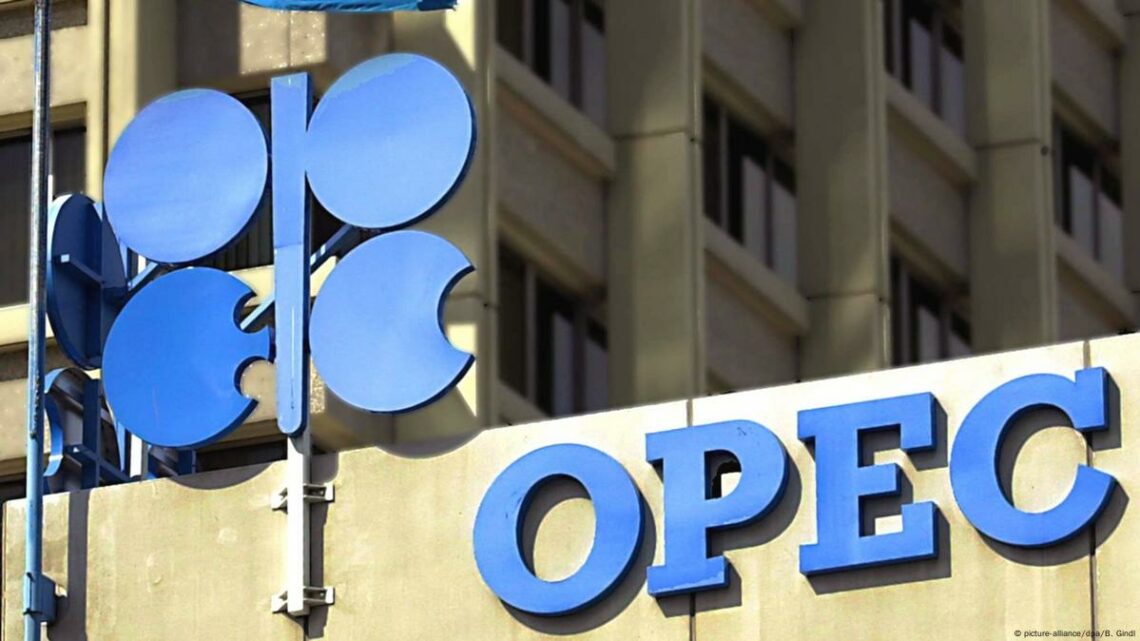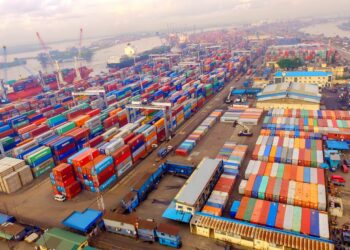The Organisation of Petroleum Exporting Countries (OPEC) pumped a total of oil and condensate of 2.15 million barrels a day (bpd) in June, up from 2.02 million in May.
This is even as OPEC, is working to abate perceived supply shortages that could disrupt global oil market.
Most of the increase came from Tengiz—the Chevron-led mega-field—where output surged from 813,200 bpd in May to 953,000 bpd in June.
Chevron began a $48 billion expansion at Tengiz earlier this year, which has helped fuel Kazakhstan’s rapid supply growth despite a weak global oil price environment.
Kazakhstan’s crude oil output jumped 7.5 per cent in June to 1.88 million bpd, matching the country’s all-time high set in March, according to figures leaked to Reuters.
This puts Kazakhstan well over its official OPEC+ quota of 1.5 million bpd, and continues a pattern of months-long noncompliance that’s frustrating the group’s core members especially Saudi Arabia. In the first half of 2025, Kazakhstan’s crude oil production (excluding condensates) averaged 1.79 million bpd—up 13 per cent from the same period last year.
The country’s energy ministry insists it’s committed to OPEC+ goals, but the math and politics tell a different story. More than 70 per cent of Kazakhstan’s oil is produced by international consortiums like Chevron and ExxonMobil, over which the government has no authority to impose cuts.
Energy minister, Yerlan Akkenzhenov, confirmed in May that “the republic has no right to enforce production cuts” on foreign operators. Kazakhstan has promised to offset its overproduction by shaving 1.3 million barrels off cumulative output by 2026—but this is widely seen as unenforceable PR.
The OPEC+ will meet July 6 to set August production targets. Sources say another 411,000 bpd increase is on the table. Whether Kazakhstan complies or not may be moot Chevron has made clear it doesn’t “engage in discussions about OPEC or OPEC+.”
Meanwhile, the organisation said, its research estimates a huge oil market deficit of 23 million barrels per day (bpd) by 2030, if investment in the global upstream industry stops.
To avert this, the OPEC estimates that global cumulative oil-related investments of 17.4 trillion dollars are required by 2050 to meet up the energy demand.
OPEC secretary-general, Haitham Al Ghais disclosed this at the 24th Nigeria Oil and Gas (NOG) Energy Week Conference and Exhibition held on Tuesday in Abuja.
Al Ghais said, to meet the world’s growing need for energy, investment levels in all energies must increase significantly. He said, OPEC’s World Oil Outlook saw global primary energy demand growing by 23 per cent between now and 2050. This, he said would be driven by many factors, including demographics, urbanisation and economic growth.
“The global population is expected to rise from around 8.2 billion in 2024 to almost 9.7billion by 2050. This growth will be concentrated almost entirely in the non- Organisation for Economic Co-operation and Development (non-OECD) region. Moreover, almost 1.9 billion people are expected to move to cities by 2050. “This is equivalent to adding around 111 cities, the size of Lagos, or 452 cities, the size of Abuja, to the global urban landscape.
“While this will challenge energy infrastructure, it also represents an opportunity to mitigate energy poverty for the estimated 675 million people who remain without access to energy, and the 2.3 billion who lack clean cooking fuels. These trends alone demonstrate that accelerating global energy progress will clearly require all energies, especially hydrocarbons,” he said.
Al Ghais said, OPEC’s World Oil Outlook expected oil to retain the largest share of the energy mix in 2050, at almost 30 per cent, while oil and gas were expected to remain above 50 per cent between 2024 and 2050.
He said, crucially, developing countries – many of which still faced energy poverty and limited access to finance – must be allowed to utilise their natural resources to benefit their economies and people.
“This is why OPEC will continue to prioritise partnership to secure a balanced and stable oil market, especially through the Declaration of Cooperation and the Charter of Cooperation. Technological advances improve performance across the entire oil industry value chain. “This is why OPEC Member Countries and national oil companies are driving technological innovation, with thousands of patents granted to the oil industry each year.
“Innovation fuels progress, enabling cleaner, more secure, and more affordable energy solutions. The conference has the theme: ‘Accelerating Global Energy Progress Through Investment, Partnerships and Innovation,’ the OPEC secretary-general said.





